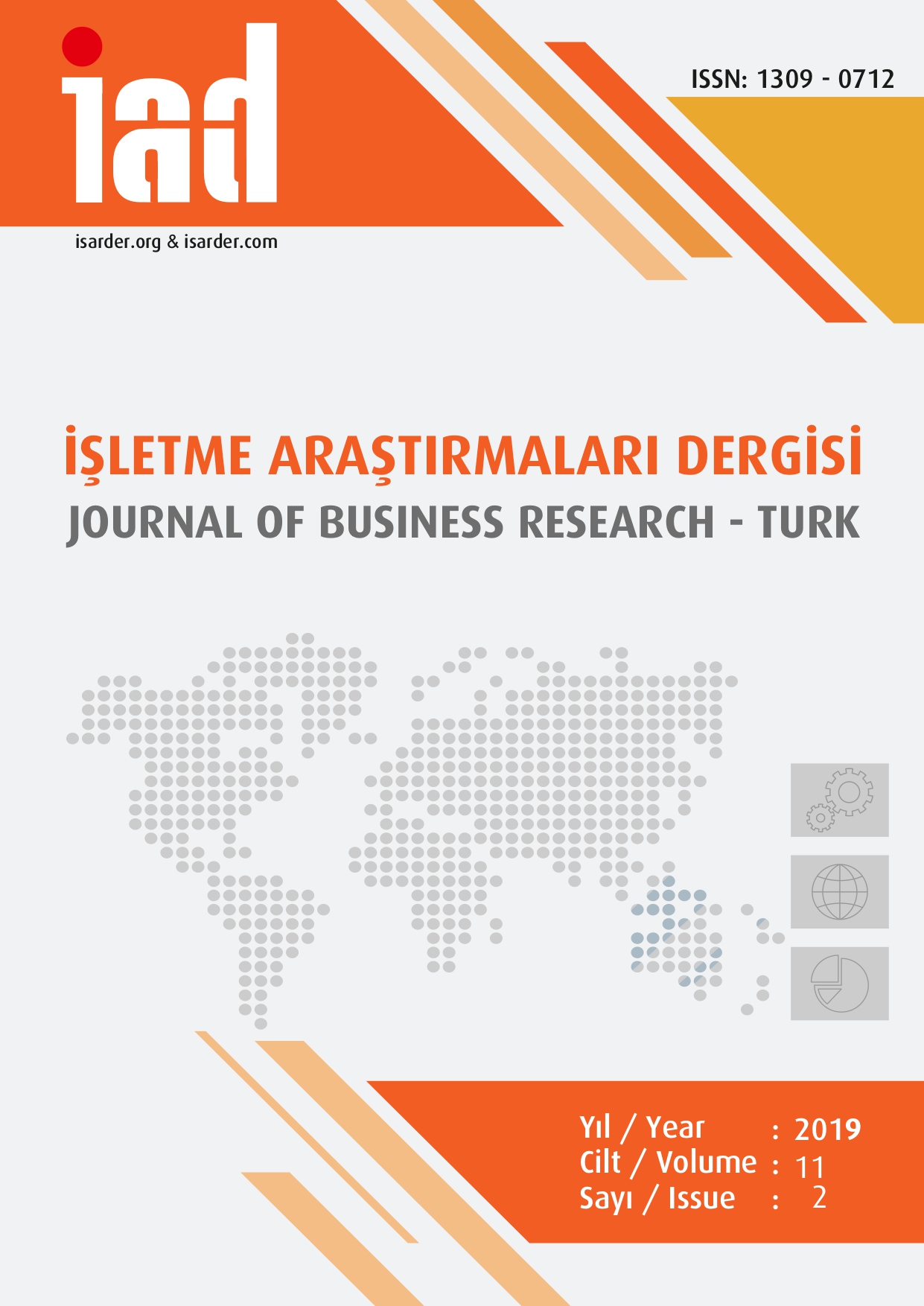Etik Liderliğin İşten Ayrılma Niyetine Etkisinde Algılanan Kurumsal İtibarın Rolü
The Role of Perceived Corporate Reputation on the Impact of Ethical Leadership to Turnover Intention
Author(s): Hüseyin Şen, Cihat Erbil, Enver AydoğanSubject(s): Business Economy / Management, Marketing / Advertising, Human Resources in Economy, Business Ethics
Published by: Orhan Sağçolak
Keywords: Ethical leadership; Turnover intention; Perceived corporate reputation;
Summary/Abstract: Purpose – In this study, the role of the perceived corporate reputation on the impact of ethical leadership on the intention to quit is examined. Design/methodology/approach – An empirical research was carried out in a public institution operating in Turkey. The data collected by Brown et al. (2005)'s ethical leadership, Rosin and Korabik (1995)'s turnover intention, Ponz et al. (2011)'s corporate reputation scales were analyzed by Partial Least Squares-Structural Equation Model. Findings – It has been determined that ethical leadership has a negative and significant effect on the turnover intention; affects perceived corporate reputation in a positive and meaningful way. Another finding of the study is that the perceived corporate reputation has a negative and significant effect on turnover intention. It is also found that perceived corporate reputation has a partial mediation role in the effect of the ethical leadership on the turnover intention. Discussion – Ethical management and the dynamics of the employee relationship, which are tried to be explained by private sector based studies, are also determinant from public institutions. Ethical approaches of managers have an impact on employees' perceptions of reputation At the same time, perceived reputation is decisive in the approach of employees to their work. It is thought that these findings contribute to the field.
Journal: İşletme Araştırmaları Dergisi
- Issue Year: 11/2019
- Issue No: 2
- Page Range: 876-889
- Page Count: 14
- Language: Turkish

